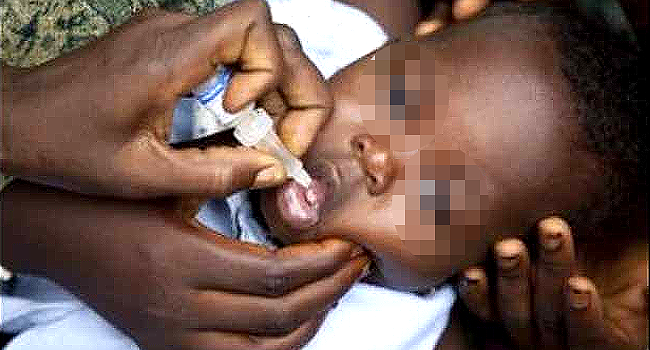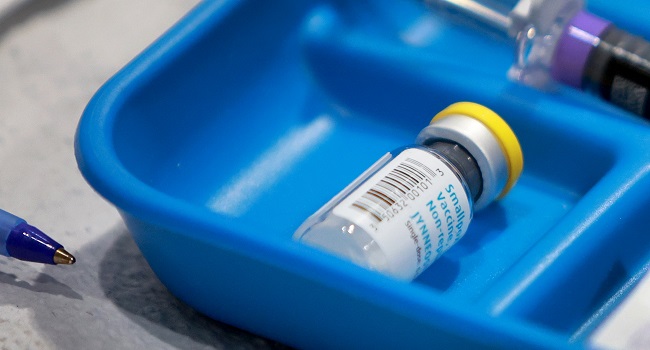
The World Health Organisation has asked the Federal Government to maintain border surveillance to prevent any possible outbreak of polio in the country.
The WHO representative in Nigeria, Dr Walter Mulombo stated this in Maiduguri after meeting the last surviving polio case in Africa.
He also called for the proper immunisation of all children, seen to be very vulnerable.
According to Mulombo, the surveillance effort is to keep immunisation coverage high enough to protect all children against the poliovirus.
“This is to keep the immunization coverage high enough to protect all the children; until such a time that the global eradication is achieved.
“Modu was hit with polio on August 6, 2016, and was notified and investigated within a week by health workers,” he said.
Modu Busami is a six-year-old child who did not have access to vaccination and had battled the disease since 2016 when he took ill before being diagnosed.
READ ALSO: Secondary Schools In Akwa Ibom To Resume September 28
The activities of Boko Haram abductions have deprived children access to anti-polio and other killer disease vaccine.
Polio-Free
On August 25, the Africa Regional Certification Commission declared Nigeria and the rest of Africa polio-free.
WHO said this marks the eradication of a second virus from the face of the continent since smallpox 40 years ago.
The organisation commended donors and health workers for saving the lives of children who have been suffering from the disease.
“Thanks to the relentless efforts by governments, donors, frontline health workers and communities, up to 1.8 million children have been saved from the crippling life-long paralysis,” the WHO said in a statement.
Also, in a videoconference, the WHO director-general Tedros Adhanom Ghebreyesus commended philanthropist and Microsoft founder Bill Gates and others for their numerous contributions
Poliomyelitis, or “wild polio” is an acutely infectious and contagious disease that attacks the spinal cord and causes irreversible paralysis in children.
It was endemic around the world until a vaccine was found in the 1950s, though this remained out of reach for many poorer countries in Asia and Africa.
As late as 1988, the WHO counted 350,000 cases globally, and in 1996 said there were more than 70,000 cases in Africa alone.
Thanks to a rare instance of collective global effort and financial backing — some $19 billion over 30 years — only Afghanistan and Pakistan have recorded cases this year: 87 in total.




